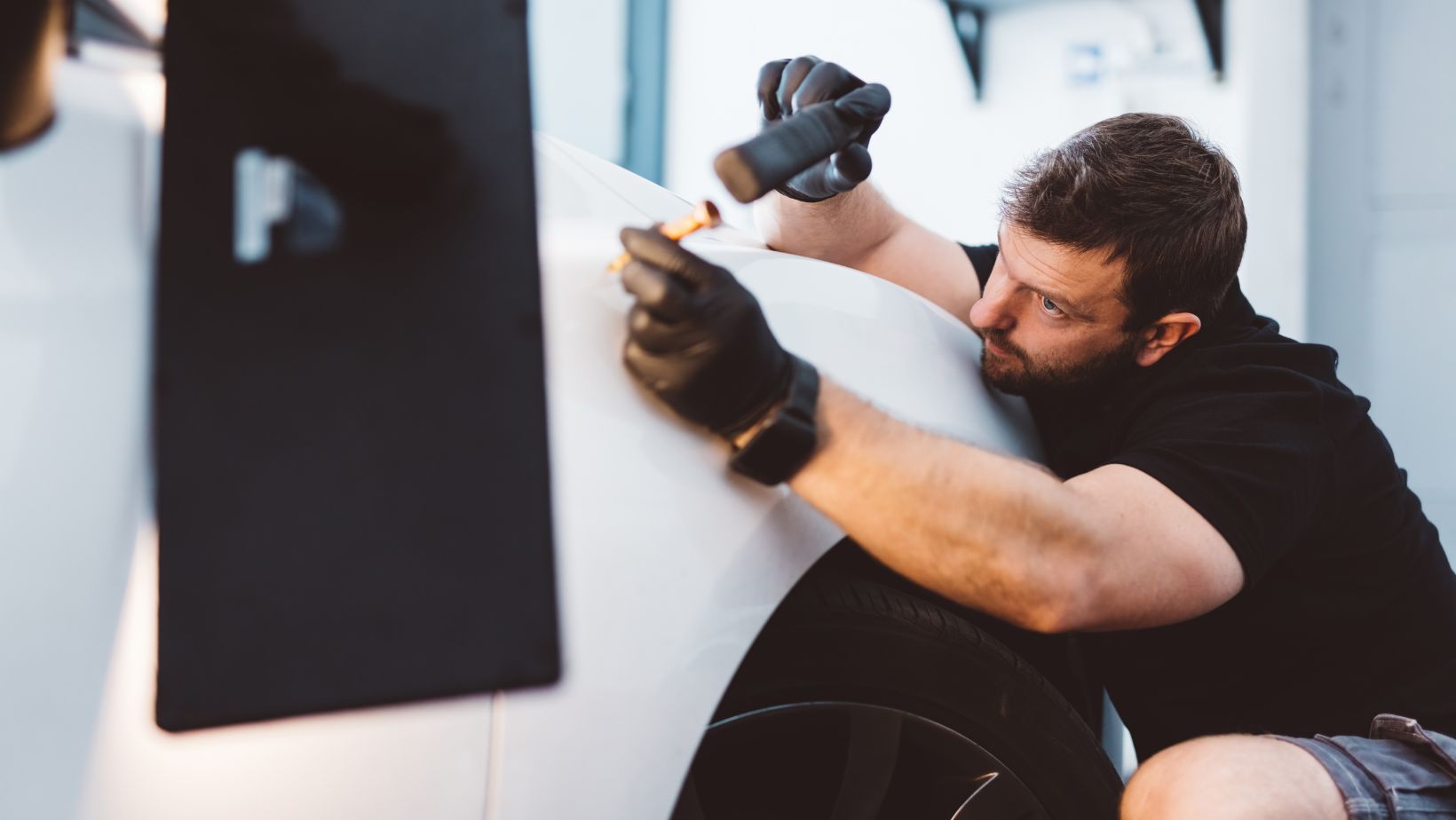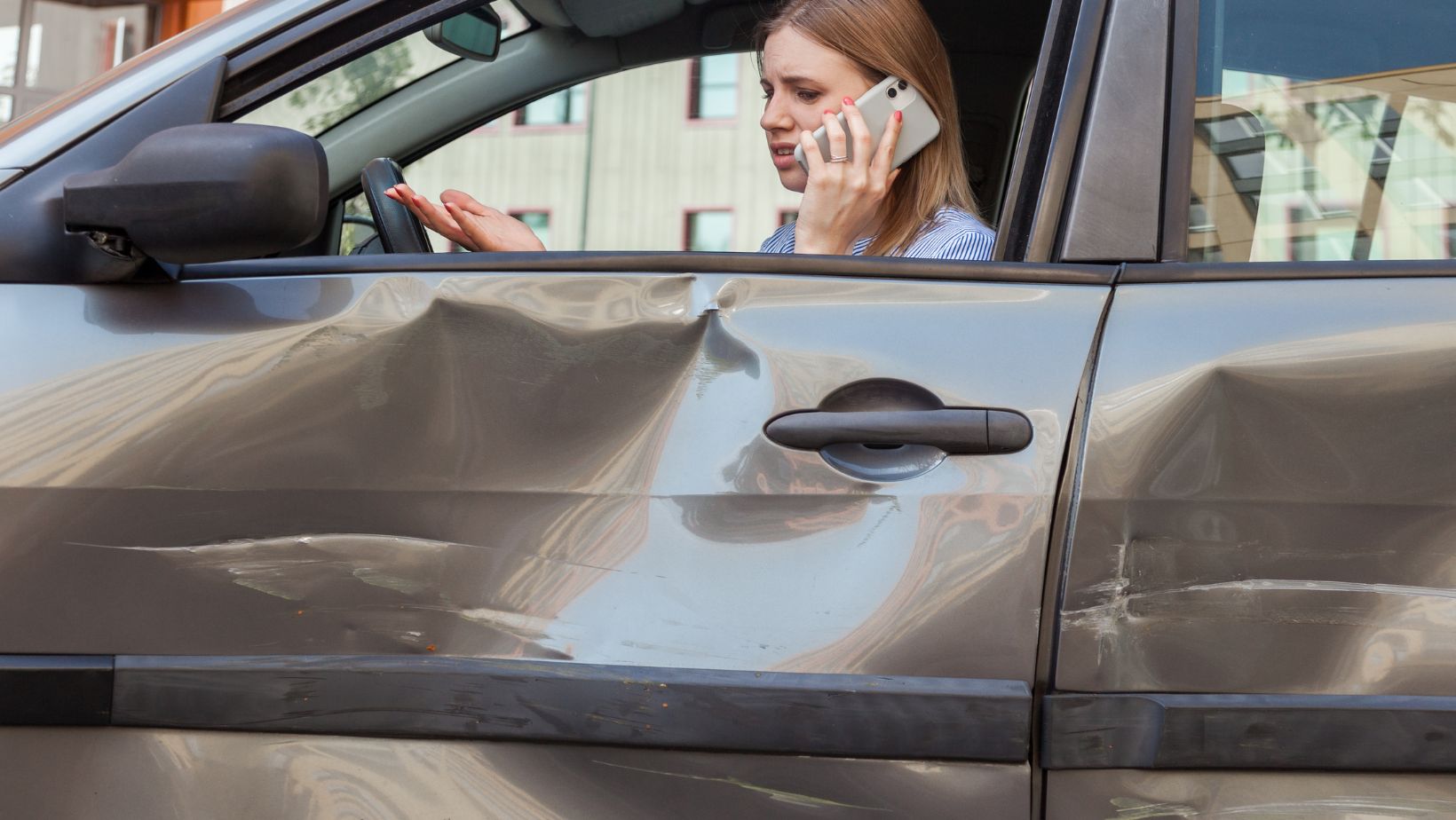How Much to Repair Dent in Car
Looking to repair a dent in your car? Wondering how much it will cost? Well, you’ve come to the right place. In this article, I’ll break down the factors that can influence the cost of repairing a dent in your car and give you an idea of what to expect.
When it comes to dent repairs, there are several variables that come into play. The size and depth of the dent, as well as its location on the vehicle, can greatly impact the overall cost. Additionally, different repair techniques may be used depending on the severity of the damage.
The cost of repairing a small dent using paintless dent repair (PDR) technique can range from $50 to $150 per panel. This method involves manipulating and massaging the metal back into its original shape without needing any paintwork. On the other hand, if your dent is larger or requires traditional bodywork and repainting, then you can expect costs to be higher ranging from $300 to $1500 or more.
Remember that these figures are just estimates and prices may vary depending on factors such as your location, the make and model of your vehicle, and where you choose to have the repair done. It’s best to consult with a professional auto body shop for an accurate assessment and quote based on your specific situation.
Factors Affecting the Cost of Dent Repair
When it comes to repairing dents in a car, the cost can vary depending on several factors. Understanding these factors can help you get a clearer idea of what to expect when seeking dent repair services. Here are some key factors that can affect the cost of dent repair:
- Size and Severity: The size and severity of the dent play a significant role in determining the cost of repair. Smaller dents, such as those caused by hail or minor collisions, are generally easier and less expensive to fix compared to larger, more severe dents.
- Location of the Dent: The location of the dent on your vehicle is another important factor that affects the cost. Dents located on easily accessible areas, like flat surfaces, may be simpler to repair compared to those found in hard-to-reach or intricate areas like door edges or near panel joints.
- Paint Damage: If your vehicle’s paint has been damaged along with the dent, additional work will be required to restore its appearance. Fixing both the dent and repainting can increase the overall cost of repair.
- Vehicle Make and Model: The make and model of your car can also influence the cost of dent repair. Vehicles made from different materials or with complex body designs might require specialized techniques or parts for effective repairs, which could add to the overall expense.
- Accessibility for Repair: The ease with which technicians can access the dent impacts both time and effort required for repairs. If extensive disassembly is necessary or if there are obstacles hindering access to certain areas, it may take longer and consequently increase costs.
It’s worth noting that these factors are not exhaustive but provide a general understanding of what influences dent repair costs. Keep in mind that prices may vary between service providers as well, so it’s always wise to obtain multiple quotes before making a decision.

Methods for Repairing Car Dents
When it comes to repairing car dents, there are several methods available that can effectively restore your vehicle’s appearance. Whether you have a minor ding or a more significant dent, here are some common approaches to consider:
- Paintless Dent Repair (PDR): This technique is often used for small dings and shallow dents where the paint hasn’t been damaged. PDR involves using specialized tools to carefully massage and reshape the metal from behind the panel, gradually bringing it back to its original form.
- Traditional Dent Repair: For larger or more severe dents that have caused paint damage, traditional dent repair may be necessary. This method typically involves sanding, filling, and repainting the affected area to achieve a seamless finish.
- DIY Dent Removal Kits: If you’re feeling adventurous and confident in your skills, there are DIY dent removal kits available on the market. These kits usually include suction cups or specialized tools designed to pop out smaller dents without damaging the paintwork.
- Seeking Professional Help: When in doubt or dealing with complex dents, it’s always wise to consult with a professional auto body shop or a certified technician who specializes in dent repairs.
Remember that not all car dents can be repaired using every method mentioned above. The severity of the damage, location of the dent, type of paint used on your vehicle—all these factors play a role in determining which approach will yield optimal results.








































